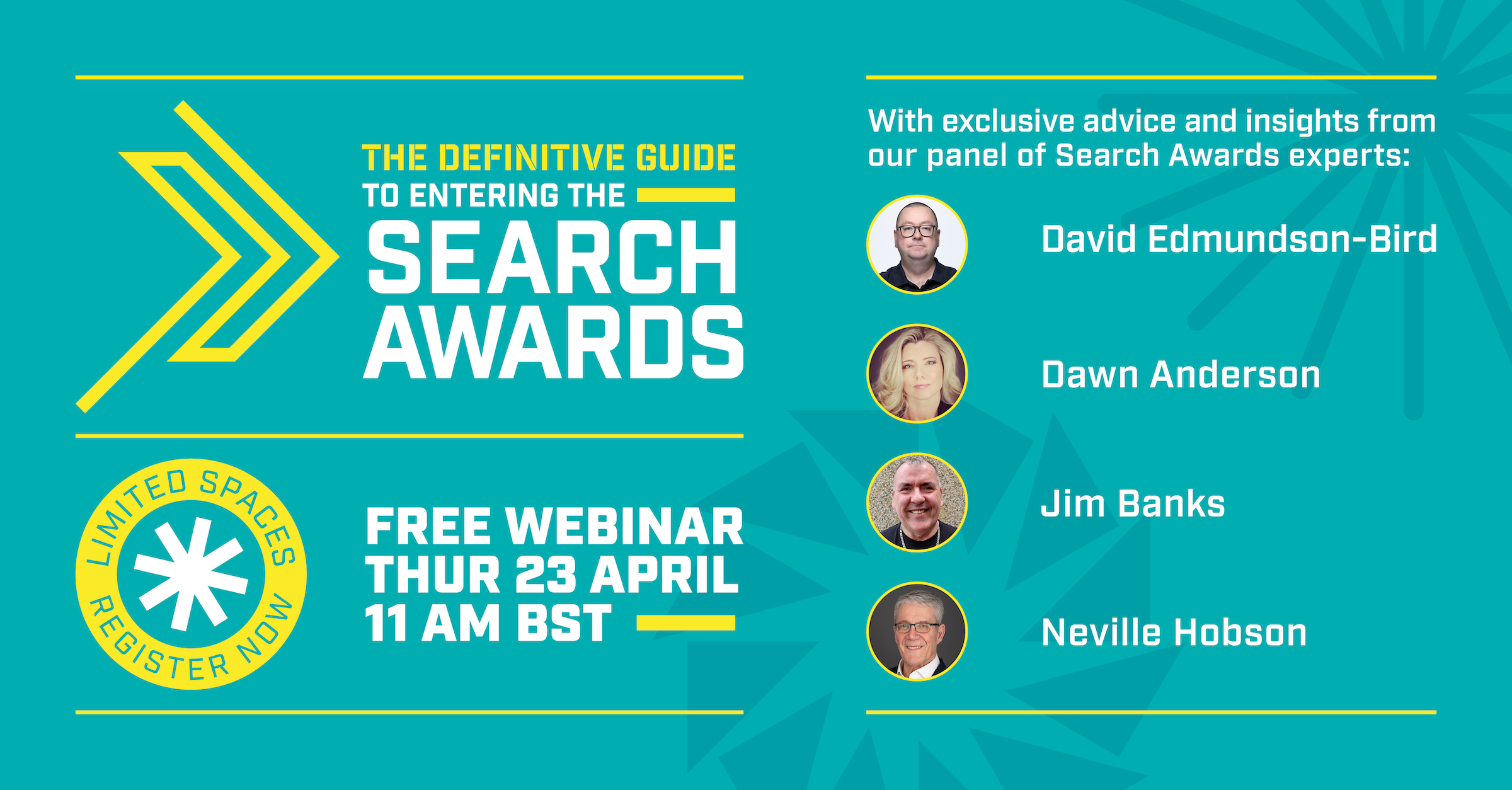Author Viktor Bartak
A quick introduction
My name is Viktor Bartak, and I’ve been in SEO since 2008. Over the past 5 years, I’ve been fortunate to receive around ten nominations across various categories and countries at the Search Awards, including one first place win in B2B. I’m deeply grateful to the Search Awards team for this recognition.

Coming from a background in physics – my father was a scientist, and I hold a Master’s in nuclear physics – I naturally brought a research-based, methodical approach into SEO. For me, SEO has always been about applying scientific rigor to a fast-evolving digital environment.
The big question: Will AI replace websites?
There’s a lot of talk about users getting answers directly from AI instead of visiting websites. But I see this as a positive change. Technology that delivers faster, clearer answers is a win for users and, ultimately, for the internet. Progress is good – we’re not here to resist it.
In fact, this trend isn’t new. Search engines have always aimed to answer simple queries directly in the results page. Years ago, sites could attract traffic with queries like “how many centimeters in 20 inches” or “how many EUR in 10 GBP.” Search engines took that away for good reason: it makes the user experience better.
The lesson? Websites must go beyond simple answers and create value that cannot be condensed into a single search snippet.
Why AI makes content quality higher
The rise of AI has shifted the balance in content creation. Now, what matters most is expertise, insight, and substance – because flawless grammar and structure are just one click away.
This levels the playing field and allows true experts in narrow fields to share valuable knowledge without being judged primarily by language fluency. Only a few years ago, many content writers were hired simply because they were native speakers, not subject-matter specialists. Today, that feels outdated.
The bar for content quality has been raised, and businesses that can provide unique, in-depth expertise will stand out even more.
The end of low-value informational sites
Some niches won’t survive. Low-quality informational sites, overloaded with ads and written for monetization rather than value, are disappearing fast.
Let’s be honest: nobody misses them. Users don’t want to wade through endless banner ads and filler text to find a simple answer. They’d rather ask ChatGPT. And that’s a good thing — the internet is evolving past content that adds no real value.
What this means for real businesses
If you run a genuine business – whether it’s SaaS, a product, consulting, or services — the impact of AI on SEO is far less dramatic.
At the end of the day, what matters is the conversion: the lead, the client, the sale. It doesn’t matter if someone finds you through Google search results or through a link provided by ChatGPT. Both paths serve the same purpose.
The hidden opportunity in LLM visibility
In fact, for those who learn how to rank within AI answers, there’s a new opportunity — to attract customers “through the back door.” By showing up in LLM responses, businesses can bypass the hyper-competitive traditional SERPs and reach their audience in a less crowded environment.
Right now, AI visibility is in its early days. Many online discussions focus on tactics that have little to no real effect. But already, in some of my projects, leads from LLMs are matching those from traditional search.
According to Ahrefs, the industry average is just 0.5% of site traffic from LLMs today. This gap means huge potential for those who act early.
What’s next
How exactly do you optimize for LLMs? That’s a topic for another article. But one thing is clear: the rise of AI isn’t the end of SEO. It’s the next chapter – one that rewards expertise, innovation, and businesses that truly deliver value.






